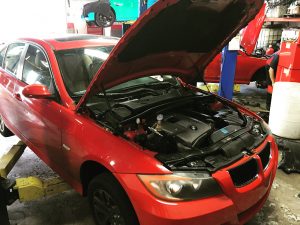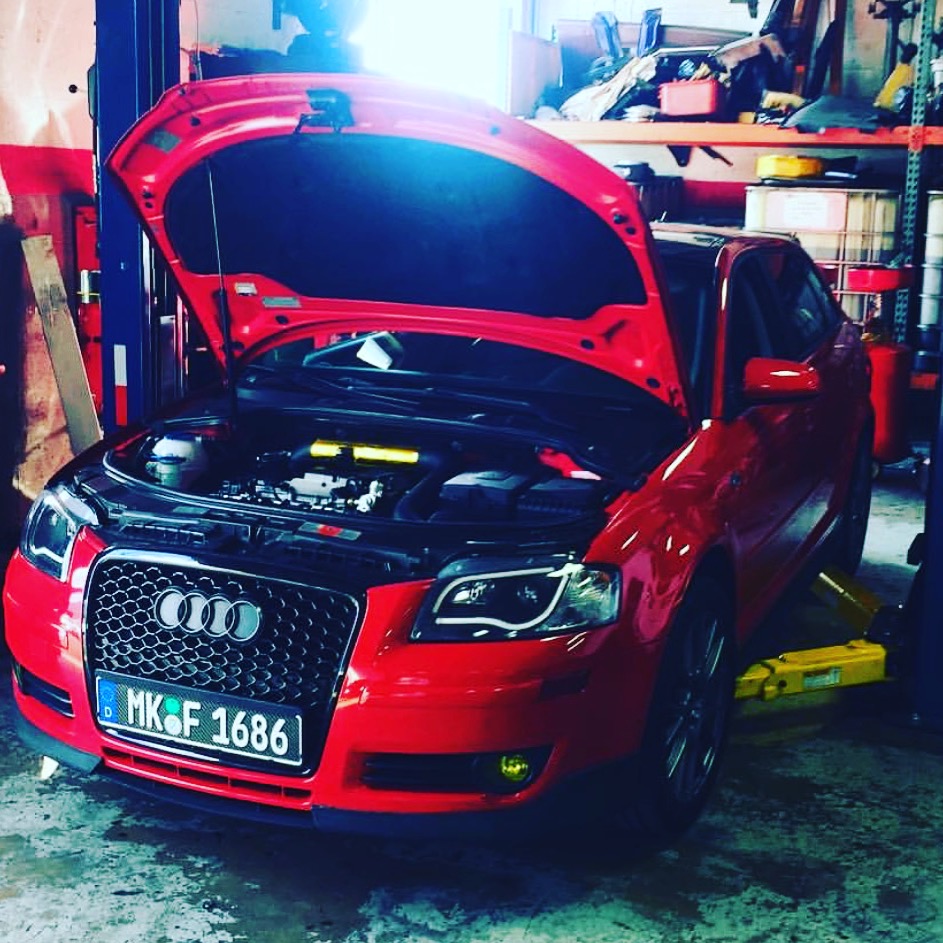Ignition Problems
You get to your car ready to face the road ahead to work or just for a casual drive. You put the key in the ignition, turn it, but nothing happens. Or, the engine cranks but doesn’t for the love of God, start. What is there to be done? First of all, these are the signs of ignition problems.
Let’s go together through a series of car ignition problems, how to diagnose and how to do ignition repairs on your car. We will look at the most common ignition problems of today’s cars and give a brief insight on how to fix them.
Engine won’t crank
If you turn the key in ignition and engine doesn’t crank – no sound comes from under the hood, the issue is most likely coming from two places:
- The battery is dead
- The starter motor is faulty
To check whether the battery is dead, get a multimeter and connect its ends to each pole of the battery. If the voltage is lower than 9V, then you are most likely needed to replace the battery. Make sure to choose a car battery that has enough CCA (cold cranking amps) to get the car started properly. Another way to check whether the battery is dead is to try starting your CD player or headlights. If the CD player doesn’t start or the headlights don’t turn on, again, the battery is most likely at fault.
The starter motor is the part that actually cranks your engine to allow it to start its 4-stroke cycle. If the start motor is at fault, it will usually not crank at all, only giving out short metallic clicks. While on older models, starter motors can be repaired by auto professionals, it is better to replace it with a functional component.
Engine cranks very slowly
 When the engine cranks so slowly that you can count the revolutions, it does by hearing the sound, the battery is probably at a low voltage. This happens when you forget to turn off the lights or when the battery discharges because of wear.
When the engine cranks so slowly that you can count the revolutions, it does by hearing the sound, the battery is probably at a low voltage. This happens when you forget to turn off the lights or when the battery discharges because of wear.
In the first case, just jumpstart it using cables and let it idle for a few dozen minutes so it will recharge. Otherwise, a worn battery must be replaced adequately.
Engine cranks but won’t start
There are cases when the engine will crank just fine but will fail to actually start. In this situation, it is most likely that the starter and the battery are NOT at fault. Instead, the spark plug ignition system may cause the engine not to start. Here’s what can happen.
First of all, power might not reach the distributor cap. The wire between the battery and the distributor may be seized, cut, or the connection might have come loose. Replacing the cable is the solution in this case.
If the cable’s good, then you might want to check the spark plug wires that go from the distributor cap to the spark plugs. However, the engine is likely to start if just one or two cables are malfunctioning, but will idle roughly and might also stop after a brief period of time.
Most modern vehicles come with an anti-theft mechanism that won’t let the engine start if you are using the wrong key or try to bypass the starting mechanism. There is a magnetic coil around the ignition hub that reads the data from a chip inside the OEM key of the car and compares it to the value stored in the ECU. If the data doesn’t match, the engine will crank but won’t start.
Sometimes, due to corrosion or major deposits on the magnetic coil, it might fail to detect the chip and thus prohibit the engine from starting even though you are using the right key. In such cases, the coil needs to be replaced and the key chip reprogrammed.
Given the above situations, you should now be able to quickly identify possible causes of your car’s ignition system not working properly. Don’t forget to ask for specialized help when dealing with electric current, to avoid injuries or further damage to your car.

